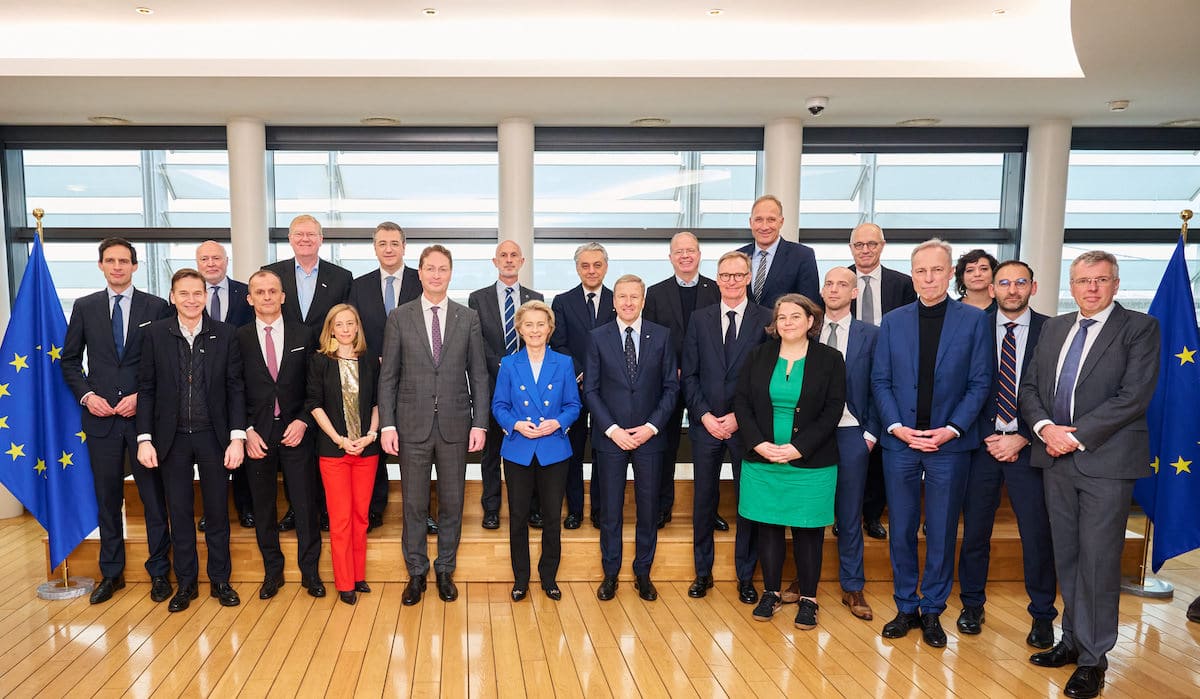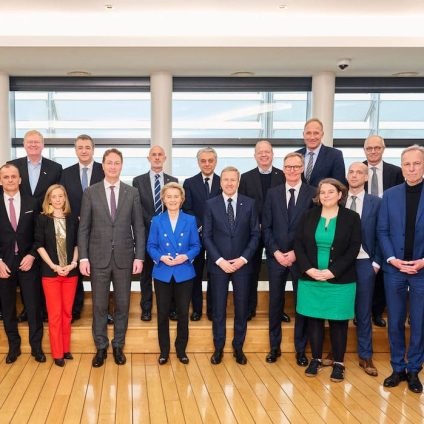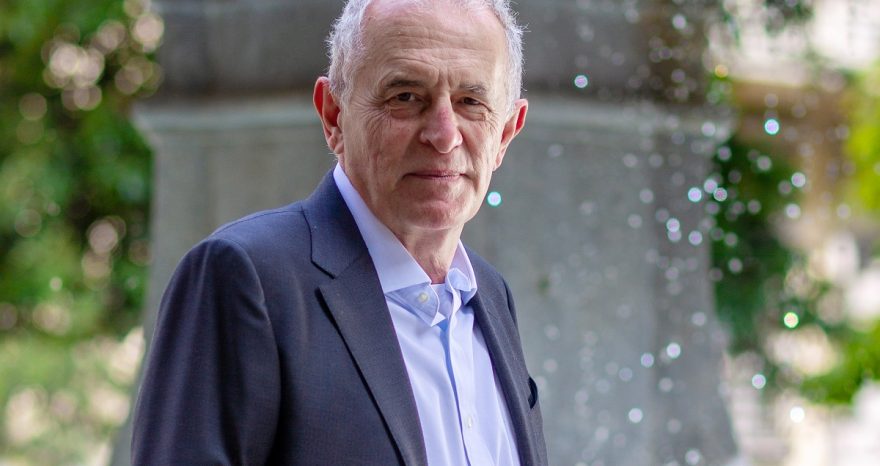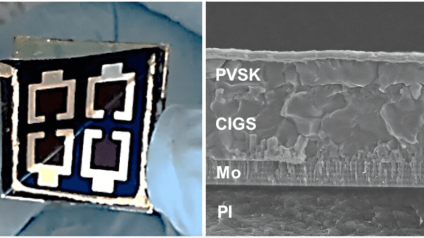In Brussels, the dialogue process between European institutions and major players in the automotive industry has begun. The action plan will be presented on March 5th

The future of the European auto industry at stake
The European automotive industry is a critical economic pillar, supporting over 13 million jobs and generating more than €1 trillion in revenue annually. Recognizing the sector’s pivotal role, European Commission president Ursula von der Leyen has initiated the “strategic dialogue on the future of the auto industry.” This high-level discussion brings together leading European industry figures and stakeholders to address the growing crisis facing the sector.
Von der Leyen’s statement
“The European automotive industry is at a crossroads, and we acknowledge the challenges it faces. That’s why we are acting swiftly,” said von der Leyen. “The key question we must answer together is: what is still missing to unlock the full innovative potential of our companies and ensure a strong and sustainable automotive sector? Today marks the beginning of a dialogue that will help us navigate future changes. The outcome of this dialogue will be a comprehensive action plan, which we will present on March 5.”
This sets a clear timeline: just over a month to draft a roadmap ensuring Europe’s automotive industry remains competitive and resilient in the global market. European transport commissioner Apostolos Tzitzikostas has been tasked with delivering this action plan.
Europe caught between two worlds
The European auto sector finds itself squeezed between two major global forces. To the west, the U.S. is bolstering traditional automakers under former president Trump’s policies, resisting the shift toward electric vehicles. To the east, China’s aggressive push into the European market with low-cost battery electric vehicles (BEVs) is prompting the EU to consider import tariffs to counterbalance the flood of Chinese-made cars.
Who are the 22 European auto industry representatives?
The dialogue includes executives from 22 major automotive players, comprising manufacturers (a third of them German), trade unions, and industry associations. Notably absent are government representatives and non-EU automakers like Tesla, which has not been invited but may be included in future discussions.
The participants represent a broad spectrum of key industry players, including:
- Acea (European automobile manufacturers’ association)
- Beuc (The European consumer organisation)
- BMW group
- Robert Bosch
- ChargeUp Europe
- Clepa (European association of automotive suppliers)
- Daimler truck
- ETF (European transport workers’ federation)
- Forvia
- IndustriAll European trade union
- IVECO group
- Mahle group
- Milence
- Recharge
- Renault group
- Transport & environment (T&E)
- Traton group
- Valeo
- Volkswagen group
- Volvo cars
- Volvo group
- ZF group
According to the European Commission, the forthcoming action plan will tackle pressing issues such as securing access to skilled labor and resources, promoting technological innovation, developing next-generation vehicles, and establishing a pragmatic and predictable regulatory framework.
Four key pillars of the strategic dialogue
Von der Leyen has divided the initiative into four thematic areas, each led by a dedicated EU commissioner:
- Commissioner Hoekstra: Overseeing the sector’s clean transition.
- Commissioner Séjourné: Managing the industrial value chain.
- Commissioner Virkkunen: Leading discussions on technological and digital innovation.
- Commissioner Mînzatu: Addressing workforce skills and social considerations.
Stellantis’ reaction
“Stellantis welcomes this strategic dialogue. It is time for action, and we look forward to working with the Commission to tackle the challenges facing the auto industry,” said Stellantis chairman John Elkann. While he did not attend the meeting in person, he shared his thoughts in a call with president von der Leyen ahead of the discussions.
EU automakers’ position (Acea statement)
“The European automotive industry remains fully committed and financially invested in transitioning toward zero-emission mobility. However, the only way to ensure the success of this transition is to make it a market-driven and demand-led transformation. The upcoming action plan must be built on this principle. The reality check of the European Green Deal will not slow us down but will instead accelerate this transition by removing bottlenecks and introducing necessary flexibilities,” said Ola Källenius, CEO of Mercedes-Benz and president of Acea.
The sanctions dilemma: will there be fines?
A key unresolved issue is whether automakers will face penalties for failing to meet emission targets. Some interpret von der Leyen’s emphasis on “flexibility and pragmatism” as an effort to ease regulatory pressure on the industry. One proposal suggests freezing fines if automakers commit to reinvesting in green transition efforts. Additionally, EU cohesion funds could be directed toward charging infrastructure, innovation, battery raw materials, and workforce retraining.
However, conflicting reports from Brussels suggest that flexibility does not necessarily mean relaxed penalties. European Commission spokesperson Paula Pinho clarified: “Flexibility means we will listen to understand automakers’ challenges and constraints, but it does not necessarily imply lifting fines. We are in listening mode and will explore how to build solutions that address the industry’s difficulties.”
Italy’s position on the strategic dialogue
“We are determined to contribute as Team Italy to this strategic dialogue, ensuring that all stakeholders are heard in a highly constructive discussion,” said Italian minister of business and made in Italy, Adolfo Urso, speaking at the National Alliance conference. Reflecting on 30 years of right-wing governance, he added, “I believe our strong arguments—those of business and labor, in Italy and Europe—will emerge prominently in this dialogue.”












